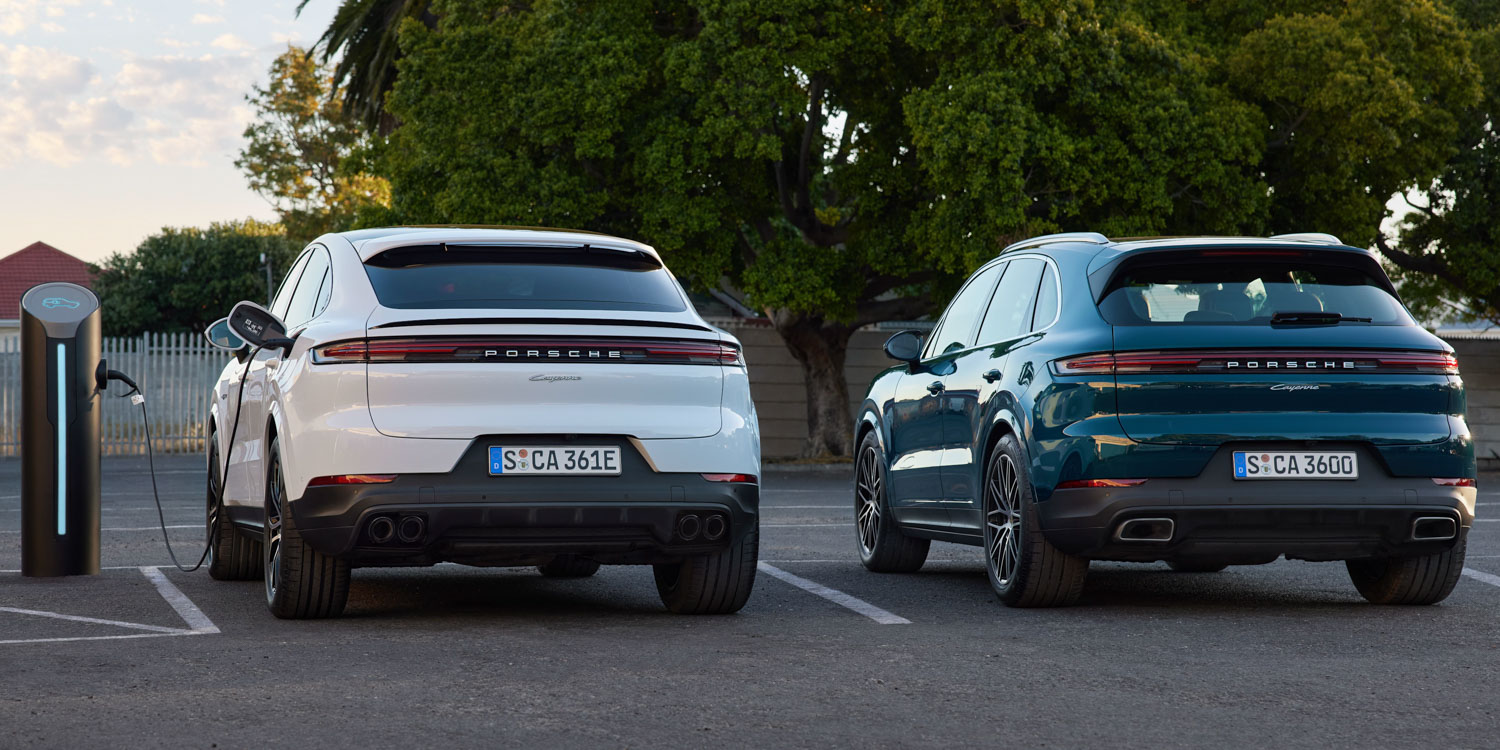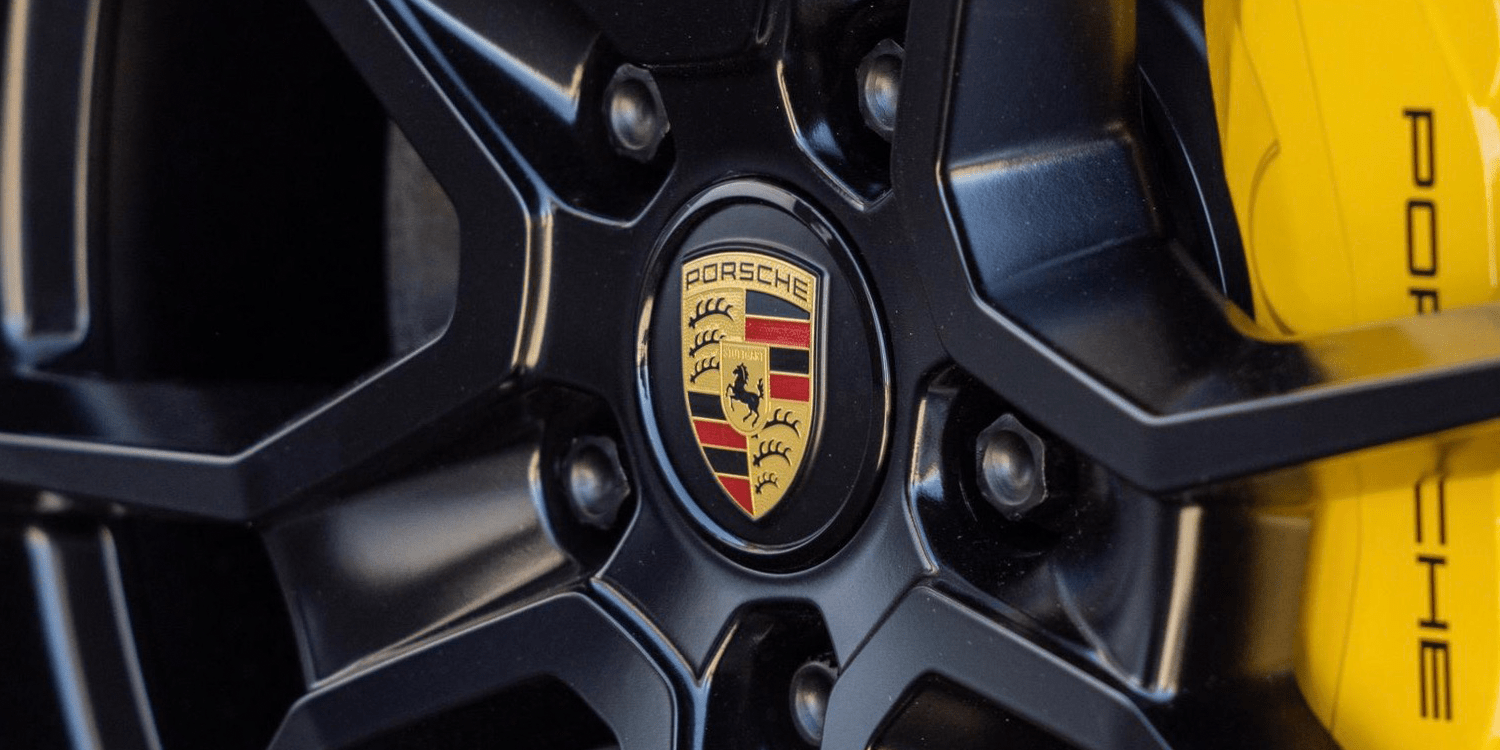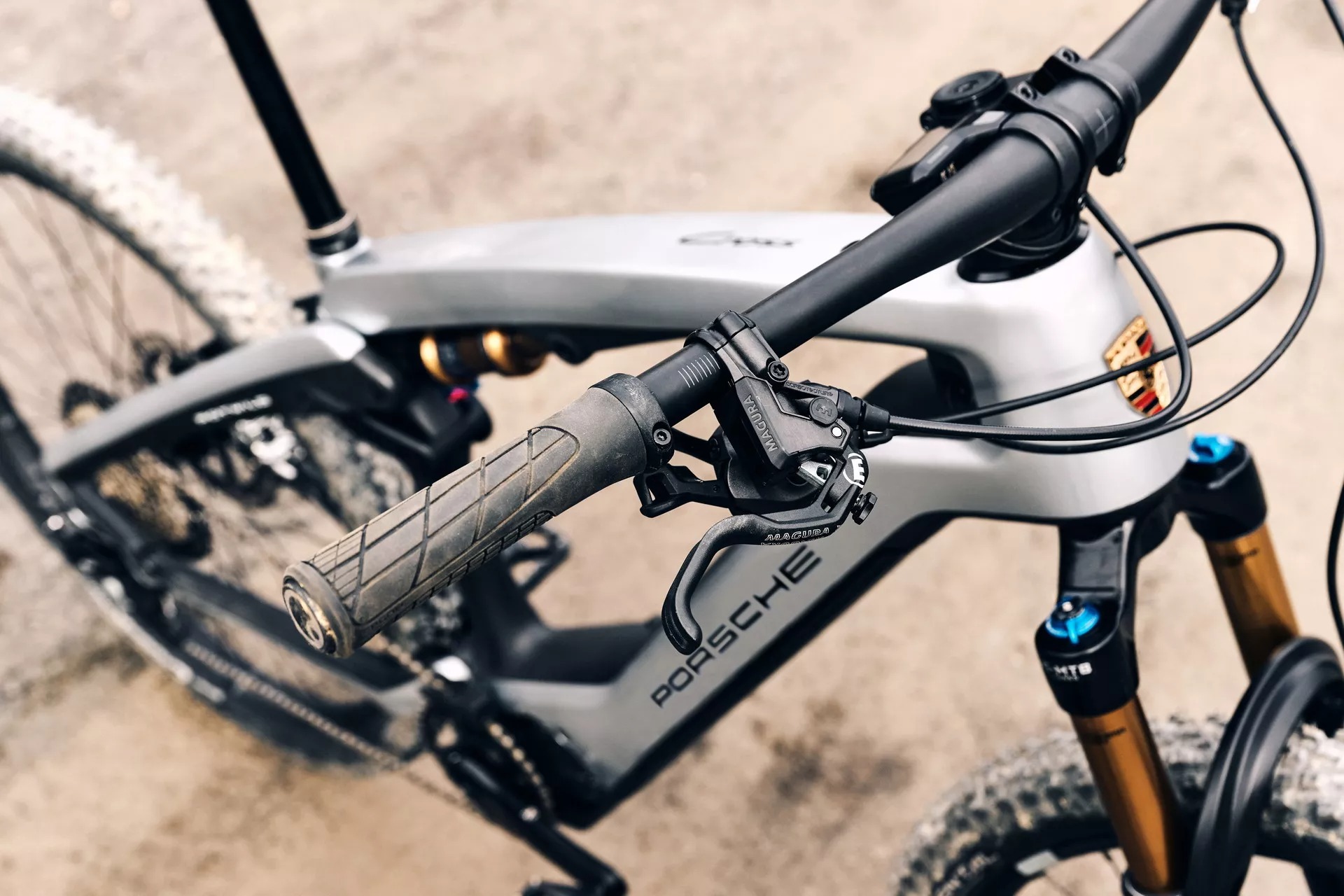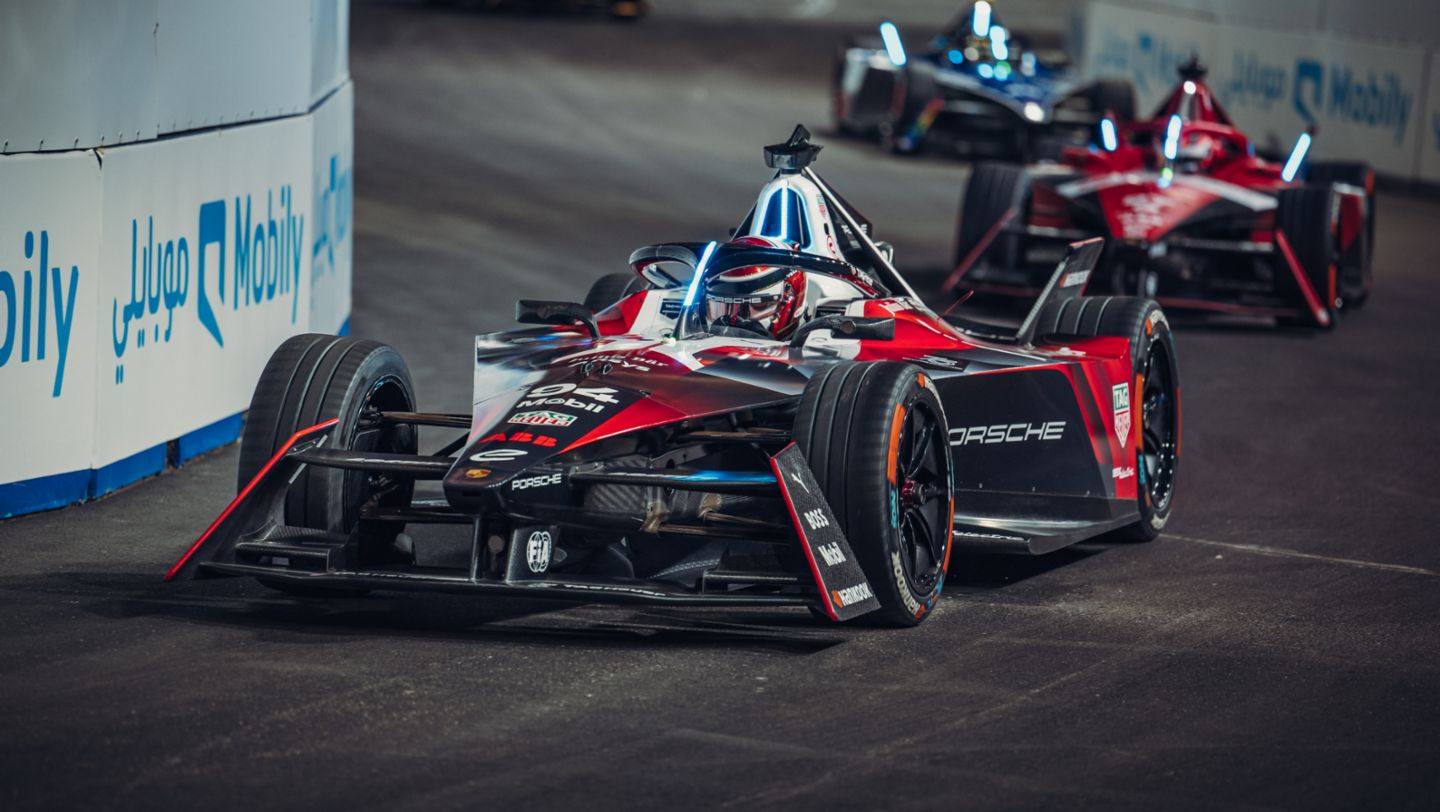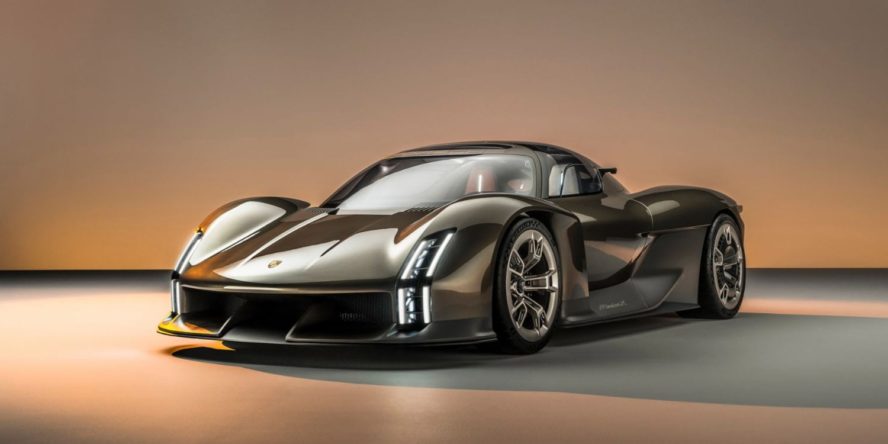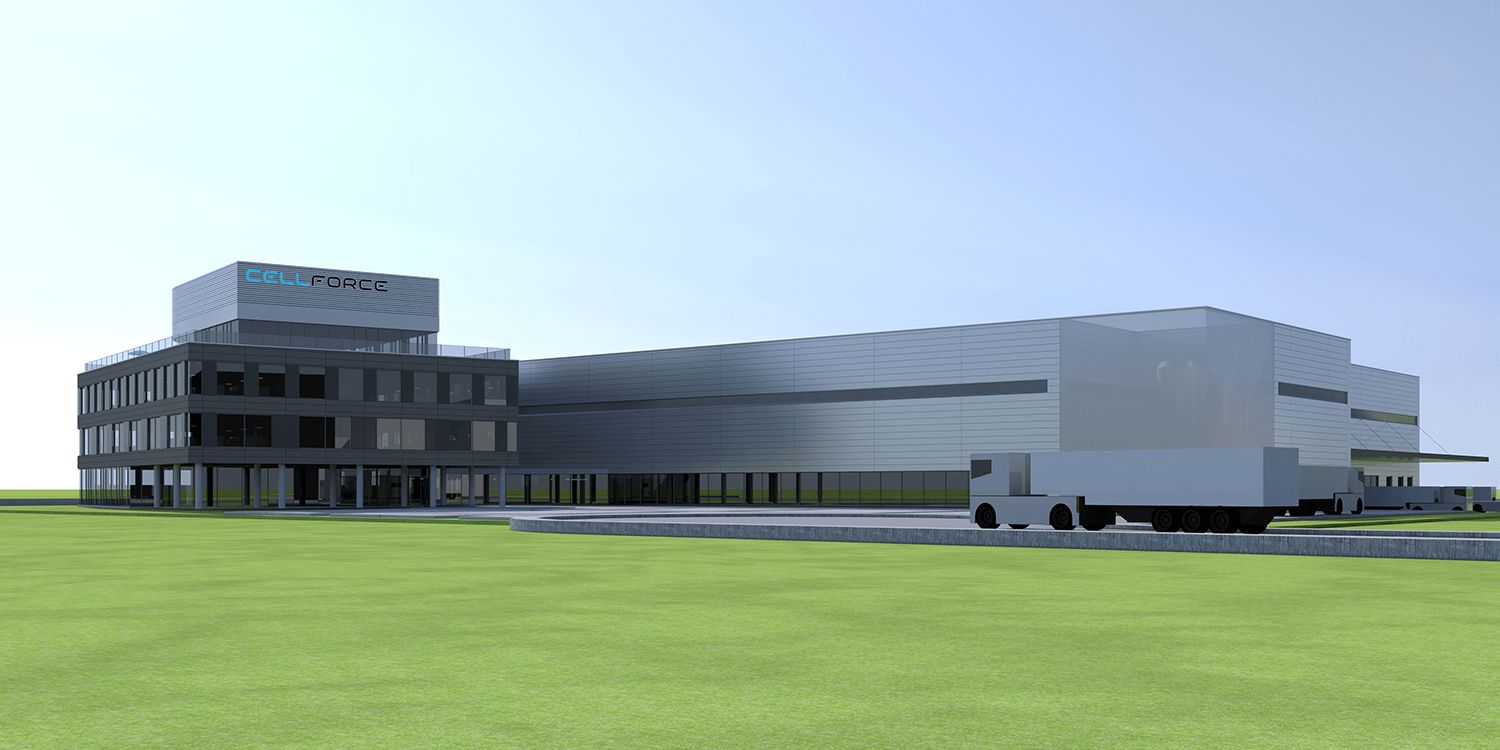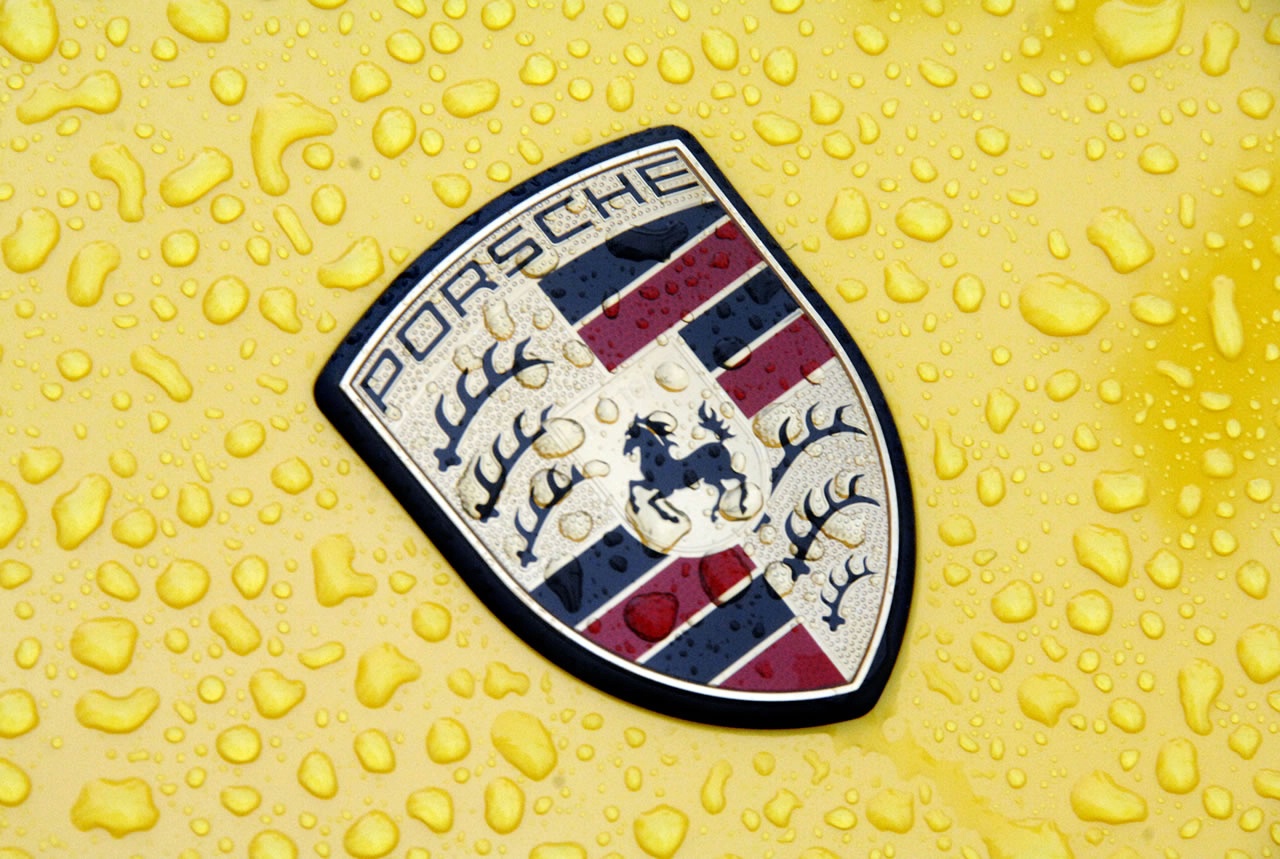Porsche has recently announced that they have made significant improvements to the third generation Cayenne, including the plug-in hybrid version, before launching the purely electric offshoot of the fourth generation model. The changes include updates to the drive, chassis, design, and equipment, making it one of the most extensive product upgrades in the history of Porsche.
The Cayenne E-Hybrid, available in both the SUV and SUV Coupé, now boasts a system output of 346 kW, thanks to a revised V6 petrol engine and a new electric motor with an increased output of 30 kW to 130 kW. The battery’s energy content has also been increased from 17.9 kWh to 25.9 kWh, offering an electric range of up to 90 kilometres, depending on the equipment. For the first time, the battery can be charged with a three-phase 11 kW on-board charger. The Cayenne model’s larger battery does not offer a DC charging option.
See also: Porsche Announces All-Electric Cayenne SUV Launching in 2026
The new Cayenne also features a new chassis with steel springs, which offers a broader range between travel comfort and performance with adjustable shock absorbers. An adaptive air suspension is available as an option. Inside the vehicle, the cockpit of the Cayenne leans towards the electric model Taycan. The instrument panel features a curved display, and the small automatic gear selector is located at the top of the dashboard. For the first time, a separate passenger display is available as an option next to the central infotainment touchscreen. The major difference from the Taycan is a special film on the passenger display that prevents it from being visible from the driver’s seat.
The upgrades are part of Porsche’s long-term strategy to phase out internal combustion engines in favor of electric powertrains. The company plans to launch the purely electric Cayenne in the middle of the decade, while the current third-generation Cayenne will continue to be produced for some time. Porsche CEO Oliver Blume confirmed that the Cayenne could continue to run in parallel as a combustion engine until 2030.
See also: Porsche unveils the K1 three-row electric SUV, positioned above the Cayenne
In summary, Porsche has made significant upgrades to the current third-generation Cayenne, including the plug-in hybrid version, as part of its strategy to transition to electric powertrains. The new Cayenne features improvements to the drive, chassis, design, and equipment, making it one of Porsche’s most extensive product upgrades to date. While the electric Cayenne will launch in the mid-2020s, the third-generation Cayenne will continue to be produced for some time.

